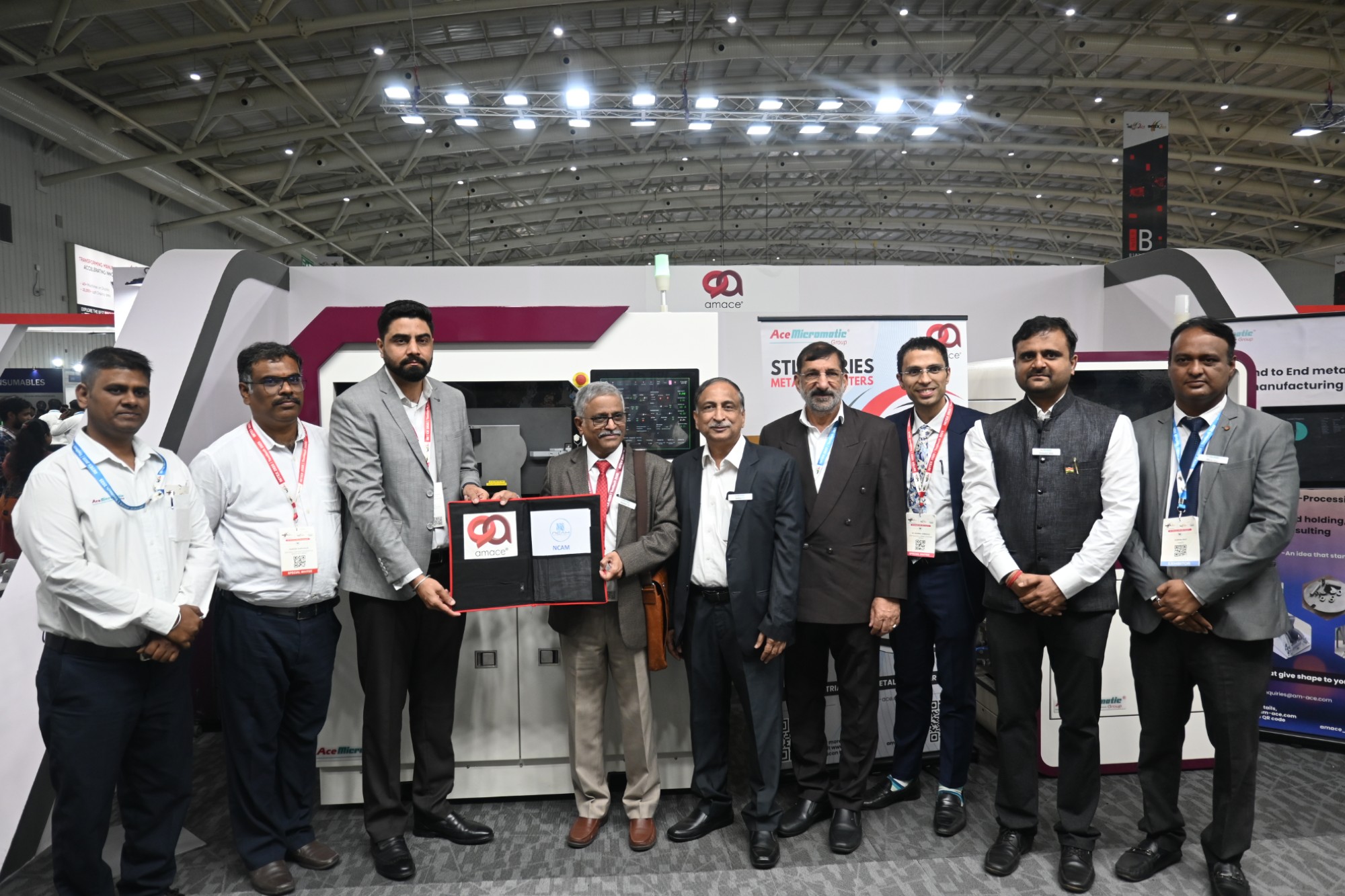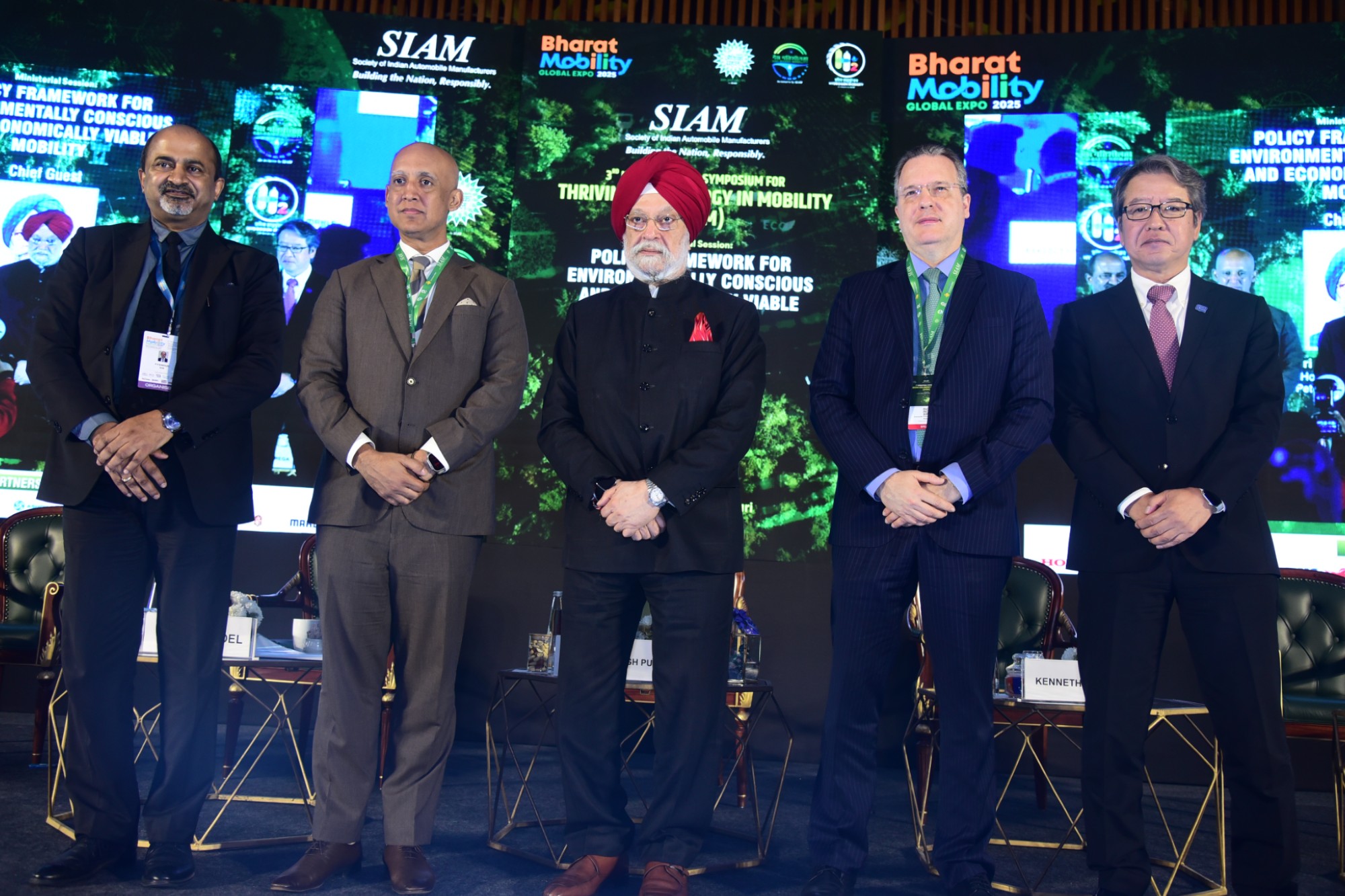BEE Saves 10,259 Million Units Electricity
By admin July 13, 2010 8:17 am IST
“During the last two years electricity savings of 10,259 million units and fuel savings equivalent to 5 million tons of oil has been achieved through various programmes. With the new programs more is likely to be achieved in the medium to long term,” says Dr. Ajay Mathur, Director General, Bureau of Energy Efficiency in an interview with Subhajit Roy.
The mission of Bureau of Energy Efficiency is to institutionalize energy efficiency services, enable delivery mechanisms in the country and provide leadership to energy efficiency in all sectors of the country.” Can you discuss about the energy efficiency market potential in India?
Energy efficiency assumes significance for the nation in the current environment of shortages and concerns over climate change. It is a win-win situation for all as increased energy efficiency enhances energy security while also leading to a sustainable economic growth. As energy efficiency leads to reduction in the use of energy for facility owners, there is a business model inherent in its implementation. Investments made for energy efficiency usually pay back within a period of less than 5 years while increasing energy productivity.
What is the most effective delivery mechanism for energy efficiency implementation?
Implementation of energy efficiency measures in any facility requires technical, financial as well as contractual skills, apart from understanding the business model that secures future cash flows. Energy Service Companies (ESCOs) have been used in several countries to tap this market as they combine all the skills necessary for enabling implementation.
Further, they provide turn-key solutions to the facility owners, who do not need to plan the investments. ESCOs have the necessary capacities to undertake energy audits, prepare bankable Detailed Project Reports (DPRs), guarantee minimum energy savings and propose performance contracts to recover investments.
Please highlight the ESCO business model.
ESCOs work on performance contract which is drafted after detailed energy audit of the facility. ESCOs guarantee minimum energy savings from implementation of energy audit and also offer to make investments in the facilities thereto. The ESCOs get paid by sharing the energy savings with the facility owner.
What are Government and BEE’s efforts to promote ESCO market?
A survey of international experience worldwide on the development of ESCO based energy efficiency market indicates the need for policy interventions, implementation of demonstration projects, promoting ESCOs, developing and standardizing sustainable contractual and legal documents and putting in place a financing mechanism as key elements. In all the markets where ESCO based energy efficiency investments have taken off, these barriers has being addressed through government interventions. India has initiated several measures to promote energy efficiency in the country. The Energy Conservation Act, 2001 (ECA) provides the legal framework for the same by measures such as creating the pool of energy auditors, mandatory energy audits for high energy using consumers, etc. The BEE, set up as a nodal facilitating body under the ECA has also undertaken following measures to implement demonstration projects in Government buildings:
Implementation of pilot projects for market development consisted of the following essential components:
• Putting in place a Government supported standard methodology covering the entire project cycle from audit to performance measurement and verification.
• Design of standard performance contract.
• Design of financial mechanism for project funding.
• Project Implementation and post evaluation of impact.
• Capacity building among ESCOs and project owners.
Promotion of ESCOs: As a result of these demonstration projects, some ESCOs initiated their operations and around 12 ESCOs were registered with BEE. Most of these ESCOs are divisions of large public firms having tie-ups with international ESCOs. In order to facilitate more players in the market to unlock the market potential, BEE has initiated several measures. They are:
• Increasing demand for energy services through Government programmes in commercial, municipal, agriculture and Small and Medium Enterprises sectors. The programme seeks to create over 1200 bankable energy efficiency retrofit projects covering the entire country.
• Enhancing credibility by empanelling 80 ESCOs selected out of a competitive bidding process after taking into account their technical and financial capabilities.
• Accreditation of ESCOs through rating agencies like CRISIL and ICRA to improve comfort level of financial institutions.
• Creating a pool of trained manpower- certification programme for energy auditors has been going on and almost 8000 energy auditors and managers have been certified
• Stimulating the states through their Designated Agencies and Utilities to take up ESCO based projects at the state level.
Cookie Consent
We use cookies to personalize your experience. By continuing to visit this website you agree to our Terms & Conditions, Privacy Policy and Cookie Policy.















